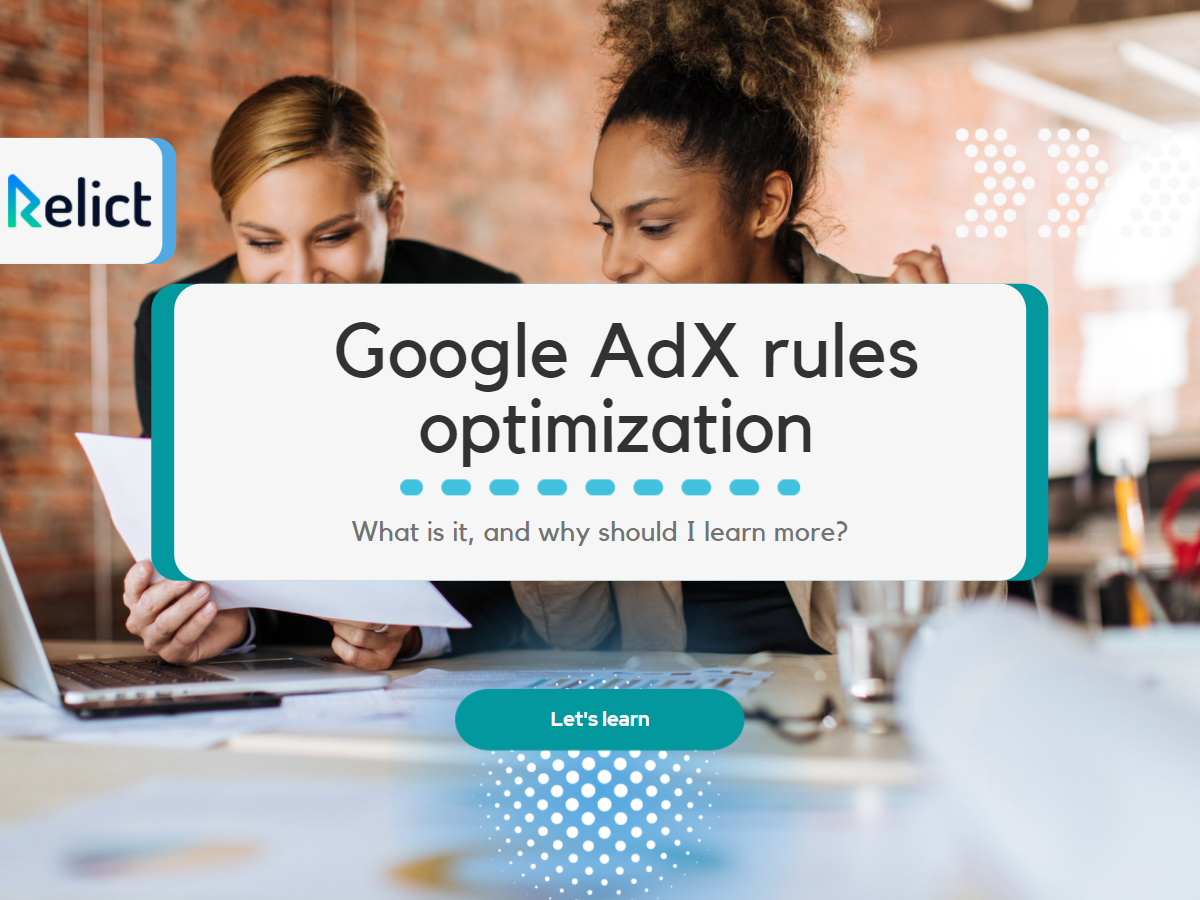
The 4 Ways MCM Migration Affects Publishers
The 4 Ways that Multiple Customer Management (MCM) Affects Publishers
MCM, also known as Multiple Customer Management, affects publishers in various ways, from reporting to delegation. Here is a quick read on how MCM might affect you if you’re a publisher.
1. Detailed reporting in MCM

Detailed reported in MCM
Google Ad Manager promises that the move away from SPM will allow for a much deeper understanding of monetization results on the ad publisher’s end. If app developers use the Manage Inventory option when migrating, they’ll bring all their past monetization data with them. Then, MCM’s more developed reporting tools will allow app developers to analyze past and future data. This is especially useful if app developers plan to partner with an ad mediator. This wealth of data will signpost the way for developers and ad mediators to more remarkable revenue streams.
2. Increased transparency & sustainability

Increased transparency through MCM
How ad networks operate can be difficult for the beginning app developer or ad publisher to get their head around. But one of the big reasons Google Ad Manager is pushing the move to MCM is to make that learning process easier. Unlike SPM, multiple client management offers secure, policy-compliant ways to delegate ad inventory to ad network partners. Transparency paves the way for every step of the process when using MCM. Channel partners will now also ensure compliance with GDPR, CCPA, and other privacy regulations. This means that digital advertising will be more sustainable and long-lasting. Eventually, leading to more secure business partnerships between ad publishers and ad networks.
3. Additional control through MCM

Additional control through MCM
The Manage Inventory aspect of MCM offers even more benefits to app developers. Between the highly detailed reporting and the transparent, easy-to-use delegation process, ad publishers of all stripes have much greater control over their ad inventory. Since only specific ad spaces are delegated to ad network partners, app developers can decide which spaces to keep under their direct observation. Also, ad network partners will no longer have direct access to publishers’ accounts. They can only access the same ad inventory delegated to them, giving app developers and other publishers peace of mind. Everything within the ad inventory they control, from ad units to line items, can be controlled from their account. Unlike the SPM system, where publishers had no need to have their own Google Ad Manager account, MCM offers publishers transparency and control. Additionally, many more deals are available to ad publishers through multiple client management.
Programmatic direct deals, preferred deals, and programmatic guaranteed deals are all available, as is demand from other exchanges through Open Bidding. None of these options are available through SPM. Even with an ADX account, multiple client management offers many more options to app developers looking to monetize their apps.
4. Delegation of Inventory to multiple ad partners
Ad publishers using MCM can pick and choose exactly which ad inventory to delegate to ad networks. This also means that Multiple Customer Management (MCM) , unlike SPM, allows for ad publishers to work with multiple ad networks at the same time. Google Ad Manager allows for up to fifteen monetization partners for every ad publisher. However, this new ability to delegate does not mean the ad publisher will be losing control.
Unlike in SPM, multiple client management offers specified delegation levels that determine how much access ad networks have.
There are two levels: Manage Inventory and Manage Account.
Manage Inventory only allows the ad partner access to the specific piece of ad inventory delegated. Manage Account, meanwhile, gives the ad partner full access to the Account. They will be able to manage all ad inventory at once and will be the only ad partner with whom the publisher can partner. A fixed revenue percentage applies to all assets associated with that Account, making it easy for publishers to get started. With this freedom of choice, app developers will have no problem getting the best deal for their ad inventory and maximizing their potential revenue.
Google Ad Manager might be changing, but things only have to change a little for app developers. The switch from SPM to MCM might seem jarring, but it offers an incredible opportunity to shake up how an app receives ad revenue. The ability to delegate ad inventory and increased transparency for ad publishers are just some of the advantages that using MCM offers. In addition, MCM migration means tons of new options opening up for app developers, no matter the scale of their operations.

Delegation of inventory to multiple partners














